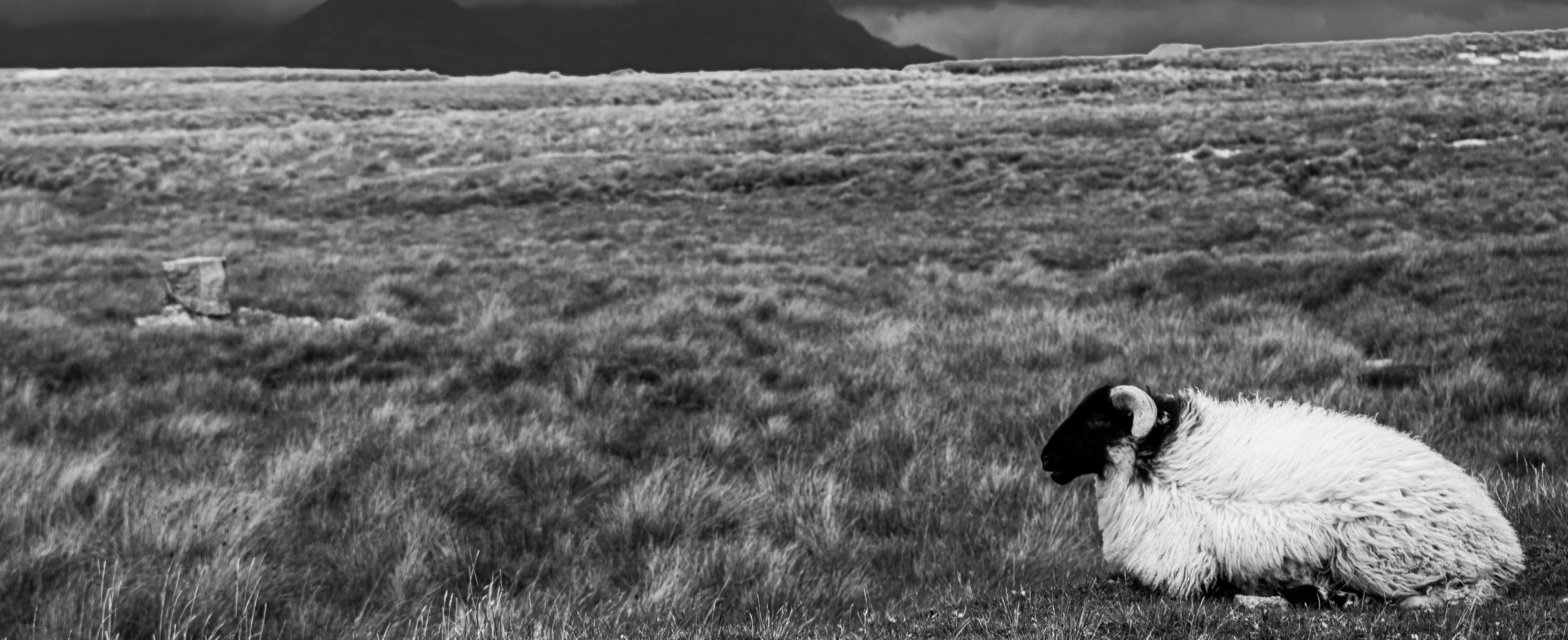Abstract
This article investigates the role of hope in politics, in the context of the current climate crisis. Hoping for positive transformation may seem naïve and or a way to avoid action, but there is a close connection between hope and democratic action. Understood as a collective political practice, hope can contribute to imagining and articulating alternative futures, and motivate action. The first part of the paper explicates the relevance of the work of Ernst Bloch for the challenges of the Anthropocene. It focuses specifically on learning hope as a collective political practice, the function of utopias in fostering political imagination, and the connection between political agency and hope. The second part of the paper draws on the work of the Dutch Party for the Animals to investigate how political hope can change existing political systems from the inside. In their party program and policies, the Party for the Animals gives central importance to the wellbeing of the earth and all its inhabitants, and demonstrate that a different way of doing politics, based on care and responsibility instead of economic growth, is possible.
Keywords: political philosophy, politics of hope, Bloch, Party for the Animals, Anthropocene
How to Cite:
Meijer, E., (2022) “Learning Hope in the Anthropocene: The Party for the Animals and Hope as a Political Practice”, Animal Studies Journal 11(1), 145-172. doi: https://doi.org/10.14453/asj/v11i1.7
Downloads:
Download PDF
546 Views
674 Downloads

